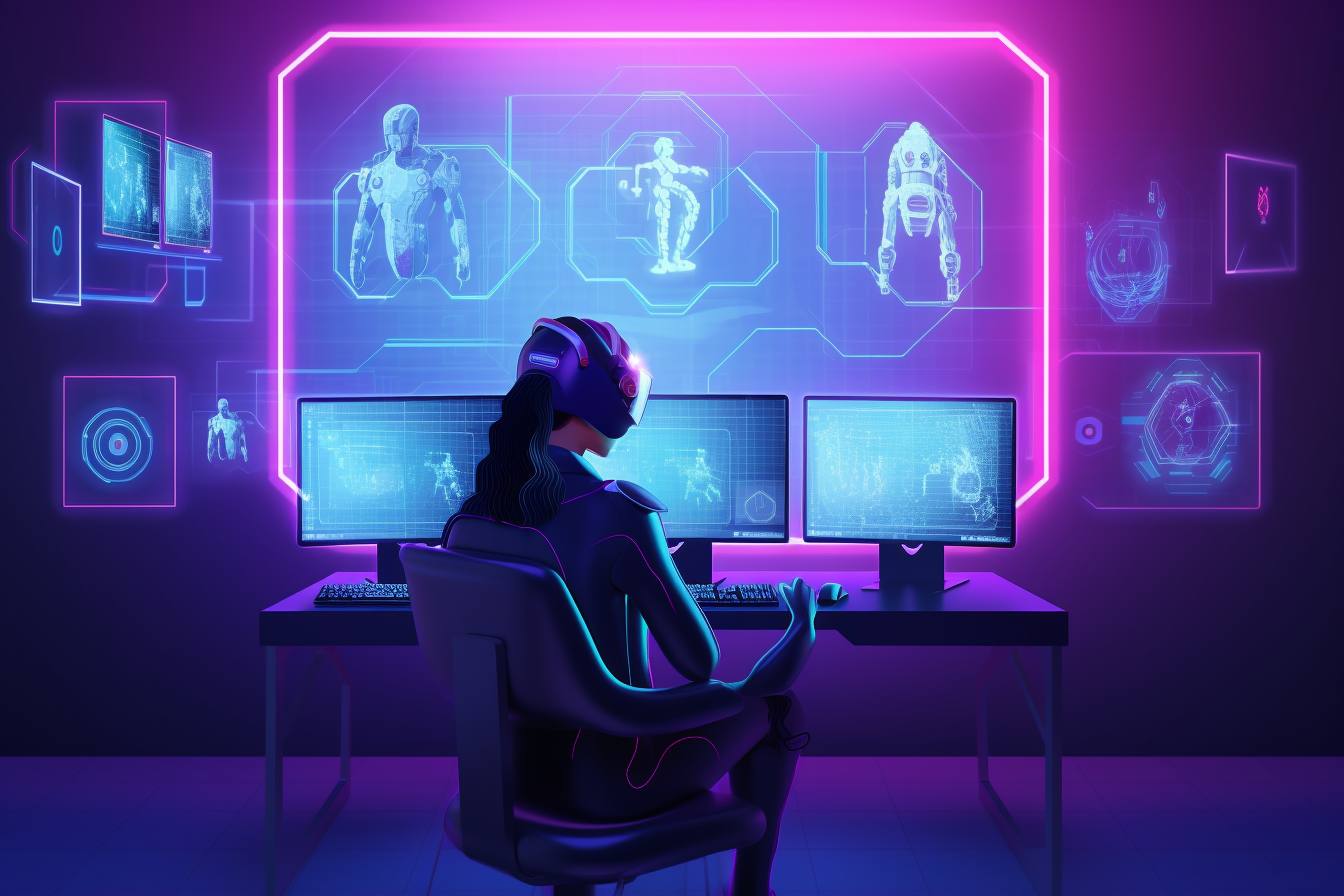Have you been curiously searching for video game AI programming to develop your own video games?
Look no further! This article will explore AI in gaming basics, from understanding what AI is and how it works for creating complex NPCs.
As a gamer, learning the basics of AI development allows greater levels of immersion. As a game developer or designer, it can help you build more intelligent characters that can act independently.
In this article, you will gain valuable insight into the most challenging aspects of AI in game development. Let’s dive in!
What is AI in Games?
Have you ever wondered how computer-controlled opponents in games can seem so intelligent?
It’s all thanks to AI!
AI essentially allows game developers to create virtual characters who can learn, adapt, and make decisions on their own based on certain rules and algorithms. This means that whether you’re playing against a computer or teaming up with one, the AI will be able to respond in a way that feels realistic and challenging.
The programming behind AI for games can range from simple decision-making processes to complex neural networks. And it’s constantly evolving as technology advances.
What Does AI Stand For in Games?
AI in games stands for Artificial Intelligence.
It’s the ability of a computer program to perform tasks that would usually require human intelligence. This includes problem-solving, decision-making, and learning.
Game AI vs. Real AI
How different is game AI from real AI? Well, the answer is not entirely straightforward.
While game AI is designed to act as an opponent, and its moves and reactions are based on algorithms and pre-programmed patterns, real AI is modeled after human behavior and emotions.
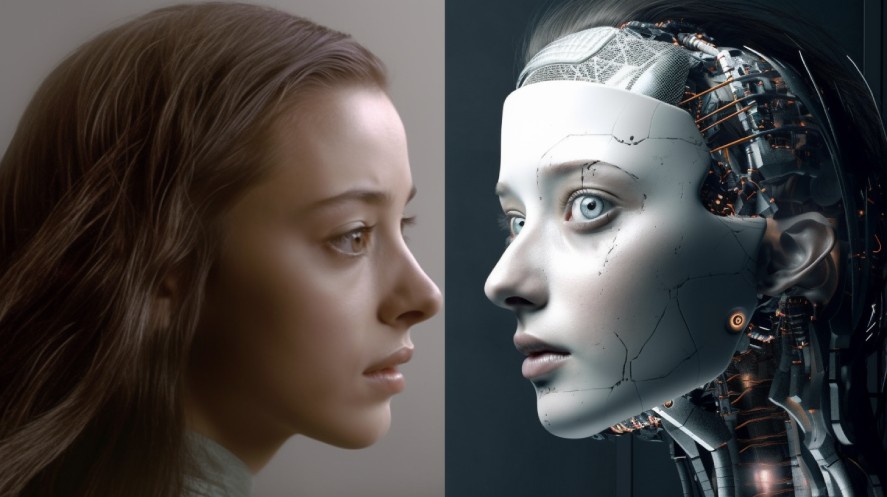
So, the key difference here is that game AI is confined within the boundaries of its programming, whereas real AI has the potential to evolve and learn on its own.
But one question that’s sure to come up is, “does AI cheat?”
Interestingly, it all depends on the video game AI programming.
In some cases, game AI is programmed to cheat to keep the game interesting, while in others, it’s purely a matter of strategy. Regardless, AI is evolving daily, which means that the future of gaming and AI looks pretty exciting.
Popular AI-based Games
Artificial intelligence is not just about robots anymore – it’s now also about games!
Here are some popular AI-based games:
- F.E.A.R.
- StarCraft II
- S.T.A.L.K.E.R.
- Alien: Isolation
- Forza Horizon Series
- Left 4 Dead Series
Games with the best AI are now a great way to learn and interact with technology while having fun. With sophisticated algorithms and countless possibilities, artificial intelligence in game development can make you feel like you’re playing against a human.
You can see AI in everything from the NPCs (non-playable characters) that populate game worlds to the enemies you face off against.
Some examples of AI in gaming are, in the game “Middle-earth: Shadow of War,” the AI system learns and adapts to the player’s strategies, making each playthrough unique. In “The Last of Us Part II,” the enemies display advanced AI behavior such as flanking and calling for backup.
If you’re interested in understanding how programming AI works, playing AI-based games can provide a great introduction to the topic.
What is AI Programming?
AI programming is the brains behind artificial intelligence. It focuses on developing machines that can perform tasks normally requiring human intelligence.
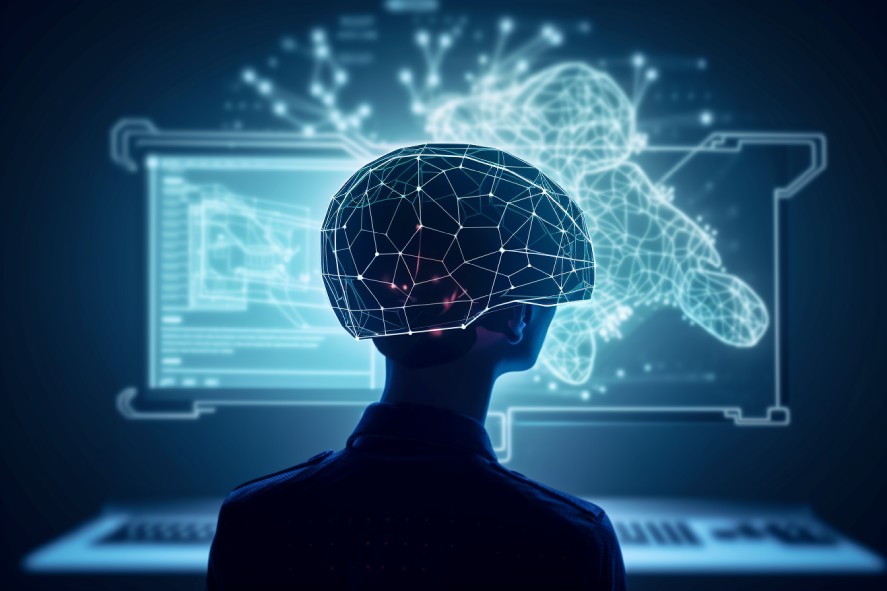
This includes everything from visual perception, speech recognition, decision-making, and even language translations. With AI programming, these intelligent machines can learn to adapt, evolve, and improve at their designated tasks without human intervention.
What is an AI Programmer?
An AI programmer is responsible for developing and implementing intelligent algorithms that enable machines to adapt and learn from data, just like humans do.
Let’s say you’re working on a game and you want to program an NPC artificial intelligence to respond differently to various in-game scenarios. You would need to create a decision tree that outlines the possible actions the NPC AI can take based on its current state.
Understanding what is a NPC in video games is important when developing game mechanics that include NPC characters.
For example, if the NPC is hungry, it would seek out food. That might seem simple, but programming video game characters’ behavior can get complex quickly with more conditions, actions, and variables.
How to Become an AI Programmer
The field of AI programming is rapidly expanding and offering some of the most in-demand and high-paying jobs in the tech industry today.

If you love coding and implementing AI, here are the steps to start a career in AI programming.
- Learn programming languages: Python, Java, or C++ is a good start since they’re commonly used in AI programming.
- Learn data structures and algorithms: Understanding data structures and algorithms is essential to AI programming. You should learn topics such as sorting, searching, linked lists, and trees.
- Learn machine learning: Machine learning is a fundamental component of AI programming. You should learn concepts such as regression, clustering, classification, and neural networks.
- Learn deep learning: Deep learning is a subset of machine learning that involves neural networks with multiple layers.
- Practice programming: Practice is key to becoming proficient in AI programming. Start by solving programming challenges on sites like HackerRank or LeetCode, and work on personal projects to hone your skills.
- Get familiar with AI tools and frameworks: Some AI programs are TensorFlow, Keras, PyTorch, and Scikit-learn. You should become familiar with these tools to streamline your workflow.
- Participate in AI communities: Interact and learn from other AI programmers by joining communities like Kaggle or AI Stack Exchange.
- Study: Get a computer science, data science, or artificial intelligence degree. You can also learn from game development courses.
- Gain experience: Apply for internships or entry-level AI programming positions to gain field experience. This helps you build a portfolio and network with other AI professionals.
AI programmers can rake in an average salary of $81k annually. Some of the top earners make even more, hitting the $100k mark.
For more info about the salary in the game development industry, you could check out this “How Much Do Game Developers Make?” article.
The Importance and Impact of AI in Video Games
With the rapid advancements in technology, video games have become very realistic and complex.
Video game AI programming allows developers to simulate realistic behavior within their games. This includes enemy AI, AI movement, and game logic.
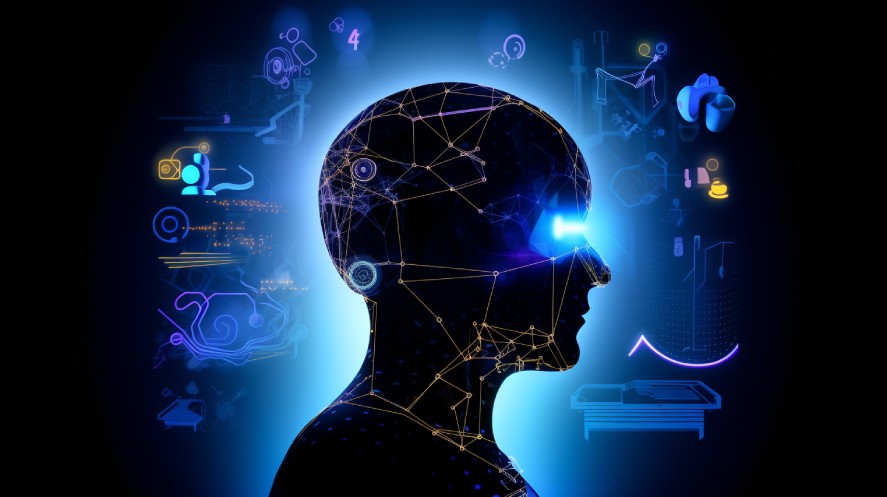
Applications of AI in Games
AI can be used for many different applications within modern video games.
Enemy AI is one of the most common uses for AI, allowing computer-controlled enemies to act with more realism than ever before.
Moreover, developers use AI for AI movement, from simple movements like walking around obstacles to more complex actions like navigating through an entire environment.
Additionally, AI can be used to create video game logic that determines how events unfold in a game and game physics, which affects how objects interact.
Other applications of AI in video games are image enhancement, game level generation, adding intelligence to non-playing characters (NPCs), and data mining on user behavior.
AI Methods Used in Games
The AI types used in video games depend on what developers are looking to achieve within their game experience.
Path finding algorithms are commonly used for enemy navigation while procedural generation can be used to generate content such as levels or items within the game world.
Some developers are also exploring other more complex methods such as machine learning, decision trees, neural networks, genetic algorithms, and reinforcement learning.
Benefits of Using AI in Games
By simulating natural behaviors and providing intelligent opponents, players have an engaging experience that would not be possible without the use of AI technologies.
Additionally, using these technologies reduces development time since it takes less effort to program complex behaviors than manual coding for every action or interaction required by a game character, video game physics, or environment element.
Limitations of AI In Games
While machines may be able to simulate natural behavior, they cannot truly replicate the complexity of human decision-making and emotions that are present when playing with other people online or offline.
Additionally, there may be restrictions on what AI type can be implemented due to memory constraints or processing power needed by certain algorithms which could limit the complexity or accuracy achievable through these methods.
How Can Video Game AI Programming Affect Publishers?
Video game AI programming is a rapidly emerging field of game development and can be incredibly beneficial to game publishers, especially indie publishers like Playsaurus.
AI programming can help create a more dynamic gaming experience by providing an intelligent computer opponent or ally. This can add a lot of extra depth and challenge to a game, making it more interesting and engaging for the player.
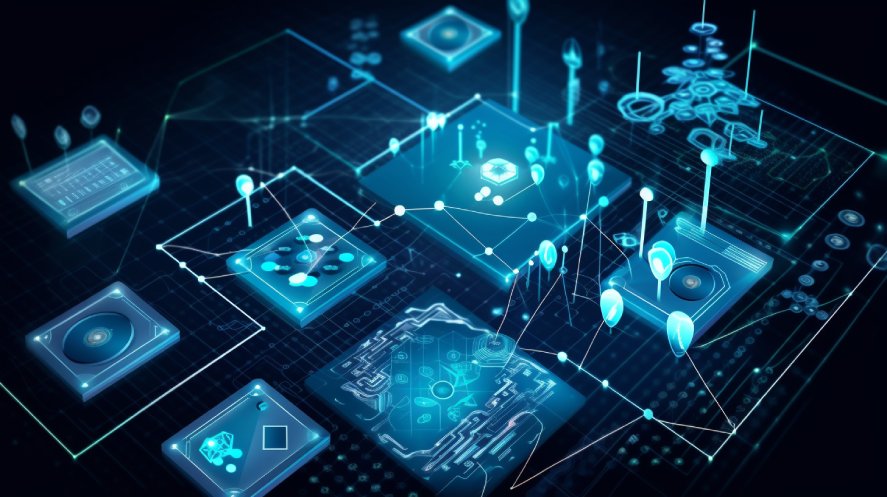
AI programming can also help to reduce development costs for game publishers.
Intelligent algorithms can be used to automate certain tasks that would otherwise require manual coding from developers, saving time and money. This could be particularly useful for indie publishers with limited resources as they could use these powerful tools without relying on expensive manual coding.
Another great benefit that AI programming offers is the ability to customize in-game reactions based on user input or other external factors such as weather conditions etc. This means that games could become much more varied, unpredictable, and challenging than ever before.
It could also open up exciting possibilities for marketing – by creating unique experiences tailored specifically towards different users or regions, and publishers may be able to increase their customer base significantly.
Conclusion
To recap, AI programming for video games is a complex and detailed process that requires many steps from design to development.
As aspiring developers continue on their journey to further understand their craft of game AI programming, we hope this article helped you learn some key concepts that will help prepare you to create enticing artificial intelligence systems in video games!

